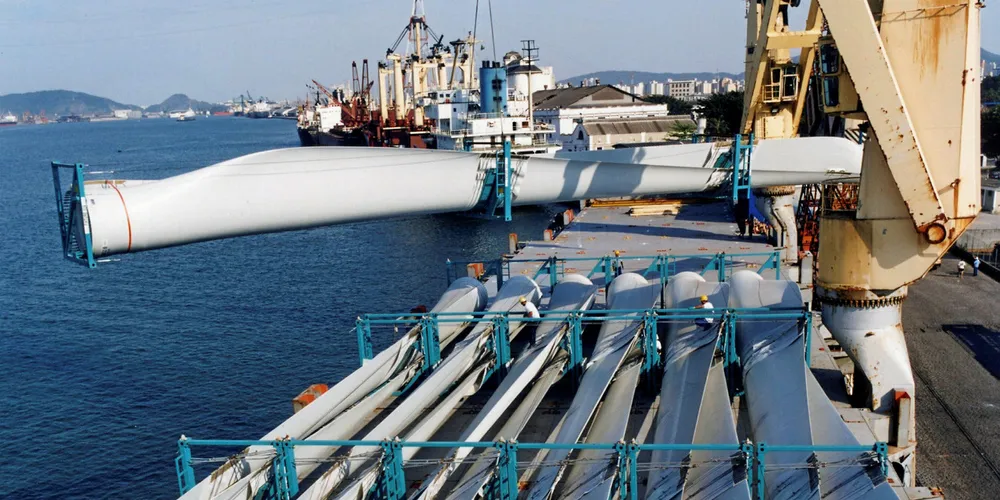Brazil’s Tecsis restarts blade export as recovery plan begins
Brazilian manufacturer sending blades to US as it emerges from creditor negotiations with slimmed-down debts

Brazilian wind turbine blade maker Tecsis has restarted exporting to the US, in a move it hopes will help pay down its multimillion-dollar debt following the conclusion of negotiations with creditors.
Tecsis is now producing eight blades a week to comply with a contract signed for a project in the US.
The company’s workers have been idle since early 2018, when production at its factories in Sorocaba, Southeastern Brazil, stopped after existing orders were completed, and after closing down a plant in the Northeastern state of Bahia for lack of demand.
The 24-metre blades being sold abroad are part of a new strategy for the company, which wants to move away from focusing only on making blades designed by OEMs.
“The blade that we are exporting is of our own design,” said Mori, declining to give further details.
Tecsis’ announcement comes after Vestas confirmed that it is now exporting blades from Brazil, and as other component suppliers and OEMs in Brazil also decide to export to keep operations running amid lack of domestic demand since 2016.
For Tecsis, however, the exports will help the company pay down some R$250m ($61.6m) in debts after an agreement with creditors was reached in September. The restructuring resulted in a reduction of its debt from R$800m to R$250m to be paid over 30 years. There was also a change in the control of the company.
Tecsis was founded in 1995, over a decade before Brazil’s wind industry took off, and has always been an exporter of blades for onshore turbines. Its clients in Brazil and abroad have included Alstom (before it was bought by GE), Acciona (now Nordex Group) and Gamesa (today SGRE) among others.
But Brazil’s wind power market dwindled following the cancellation of tenders by the government in 2016, and as the blade market consolidated with massive deals such as GE’s acquisition of LM Windpower in 2017, Tecsis found itself in financial trouble.
According to Mori, the company has since then been studying alternatives to get back in the game, albeit avoiding the pressure from OEMs to cut the price of components as competitive tenders in Brazil and abroad were bringing down power prices.
“We didn’t want to continue swimming with the sharks, so we looked at what value we had and concluded it was our R&D team. Our new plan values that,” he said.
The company is now concluding final preparations and signing the last contracts to put in place its new strategy, added Mori.
(Copyright)